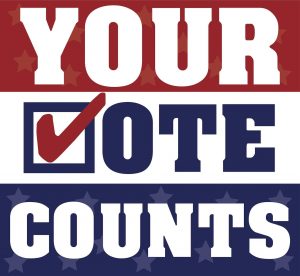Starting Sunday, May 1, Georgians began paying an extra 2.8 cents a gallon in gas tax. For a tank averaging 12 gallons, that’s an extra 33 cents, adding what some consider “insult to injury,” thanks to the rise in gas prices.
Those hoping for relief might be doing so in vain. Senator Ronnie Chance of Tyrone, one of Gov. Nathan Deal’s floor leaders, said Monday that he is unsure if Deal will petition the legislature to suspend the tax increase, as former Gov. Sonny Perdue did in 2008 when gas prices skyrocketed due to the devastation from Hurricane Katrina.
Chance initially said that suspending the increased revenue would require the legislature to rework some of the state budget. But since the gas tax revenue is dedicated to the Georgia Department of Transportation instead of the state general fund, it is unclear whether the tax increase represents a windfall, or whether the legislature passed a budget anticipating the increased revenues.
Chance said he wasn’t sure and that he would check on the matter.
Nonetheless, the gas sales tax hike has gained some notoriety, he said.
“We are hearing a lot about it,” Chance said.
Part of Georgia’s gas tax is calculated based on 4 percent of the retail price of a gallon of gas. The hike was triggered by the mandated recalculation of that retail price, which is required by law any time the price of gas statewide rises 25 percent or more within a six-month period.
Because the average price of gas jumped past the 25 percent increase threshold, to $3.21 per gallon, the tax hike was enacted.
In addition to the fluctuating 4 percent gas sales tax, Georgia motorists also pay a flat 7.5 cents per gallon in state sales taxes, which are also dedicated to the DOT for transportation projects and not diverted to the state’s general fund.
So calculated in total for a 12-gallon fill-up, that equals more than $2.43 going to the state of Georgia in sales tax after the variable rate took effect Sunday.
The gas tax also affects Georgia businesses and individuals who purchase diesel, aviation gas, liquid petroleum gas and “special fuel” including compressed natural gas.
Because the average prices of those gases varies from regular gas used by most individual motorists, the tax increases for each fluctuate based on the price.
Chance said the tax likely affects him more than most of his constituents because he drives “all over the place every day.”











Leave a Comment
You must be logged in to post a comment.